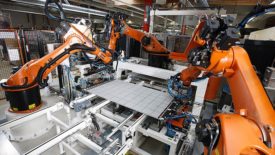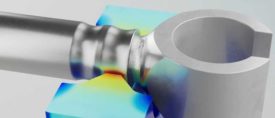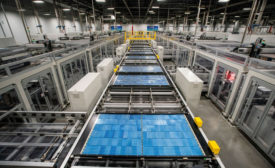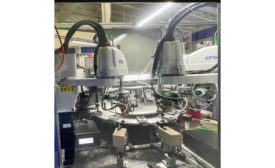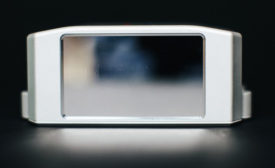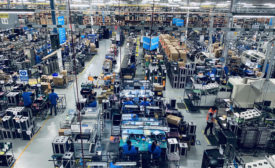Electronics Assembly
Magnetic Pulse Welding for EV Assembly
The electric vehicle revolution is generating new interest in an old technology: magnetic pulse welding.
July 12, 2023
Robotics
SCARA Robots Solder Circuit Assemblies
Electronics assembler’s DIY automation project saves money and increases efficiency.
May 8, 2023
Manufacturing Software
Johnson Controls and LeanDNA Build Digital Thread
Software connects 14 manufacturing sites and more than 800 suppliers.
April 27, 2023
Never miss the latest news and trends driving the manufacturing industry
Stay in the know on the latest assembly trends.
JOIN TODAY!Copyright ©2025. All Rights Reserved BNP Media.
Design, CMS, Hosting & Web Development :: ePublishing

